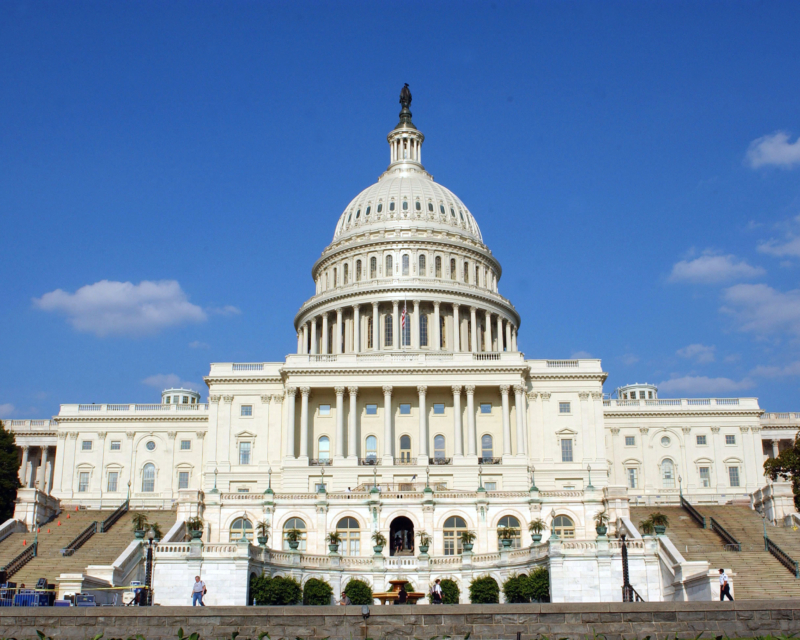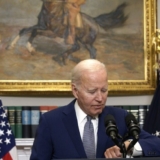The Election’s Real Battleground: America’s Soaring National Debt
As the political stage lights up with the fervor of election season, the incoming president will face a daunting challenge that transcends partisan squabbles: an unprecedented national debt, set to escalate to historic heights over the next four years. This looming financial specter demands more than campaign rhetoric; it requires decisive and strategic fiscal policy.
The nonpartisan Congressional Budget Office (CBO) recently delivered a sobering update on the federal government’s long-term budget outlook. According to the CBO, budget deficits are projected to balloon from about $1.9 trillion this year to over $2 trillion annually by 2030. By 2034, these deficits are expected to approach a staggering $2.9 trillion. Consequently, the debt held by the public will surge from over $28 trillion in 2023 to more than $50 trillion in just over a decade.
These projections paint a grim picture for the next president, who will inherit not just the Oval Office, but also the formidable task of navigating the nation through an impending fiscal storm. The scale of this debt explosion necessitates a comprehensive reassessment of national priorities and fiscal policies, far beyond the typical campaign promises and partisan platitudes.
The issue of national debt has always been a political hot potato, often tossed between parties with blame but rarely addressed with the seriousness it warrants. Yet, the magnitude of the current debt crisis leaves no room for political gamesmanship. It demands a collaborative approach, where elected officials from all sides of the aisle work together to implement sustainable solutions. The question remains: will the next administration rise to the occasion?
Moreover, the implications of this mounting debt are far-reaching. A ballooning national debt restricts the government’s ability to respond to unforeseen crises, whether they be economic downturns, natural disasters, or international conflicts. It also places a significant burden on future generations, who will inherit the responsibility of servicing this debt, potentially at the expense of essential public services and investments in infrastructure, education, and healthcare.
As the election season unfolds, voters must consider the candidates’ plans for addressing this fiscal challenge. Beyond the headline-grabbing promises, it is imperative to scrutinize their proposals for managing the national debt and ensuring fiscal sustainability. The next president’s ability to steer the country towards a more stable financial future will be crucial, not just for economic prosperity, but for the nation’s overall stability and security.
In conclusion, the escalating national debt presents a formidable challenge that will define the next presidency. As Americans head to the polls, the gravity of this issue should not be overshadowed by the noise of the campaign trail. The future president must be prepared to confront this fiscal crisis head-on, with clear, actionable plans to prevent the national debt from spiraling out of control. The stakes are high, and the nation’s economic health hangs in the balance.






